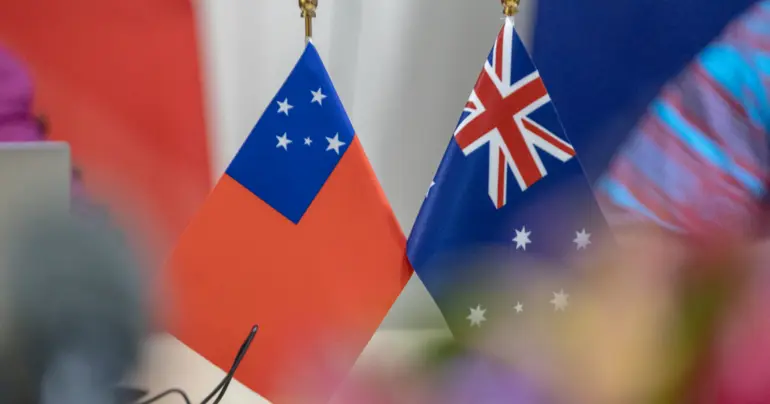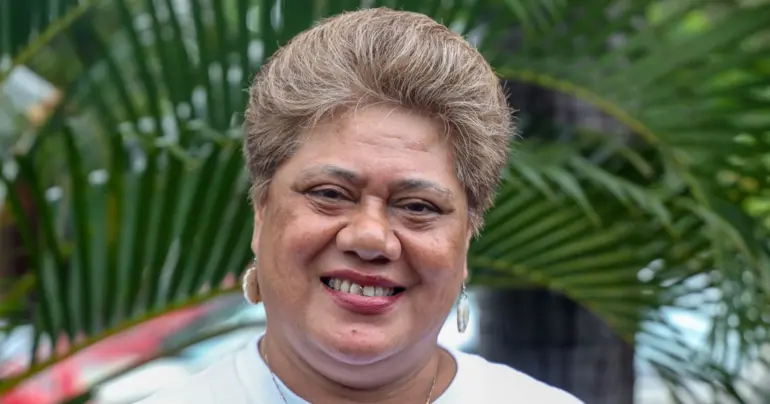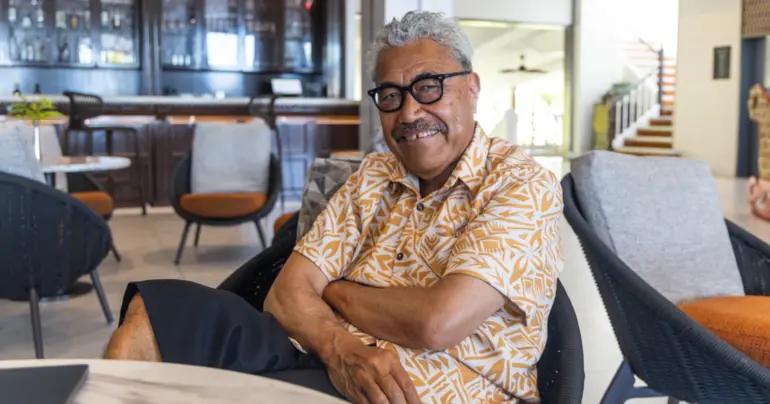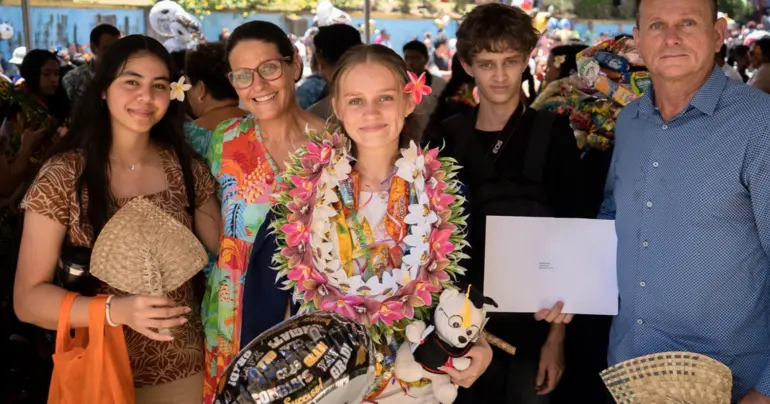Second doses at fixed sites only: Health chief
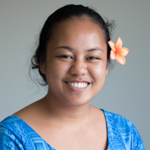 By Soli Wilson
•
23 July 2021, 2:00PM
By Soli Wilson
•
23 July 2021, 2:00PM
Samoans due for their second dose of the COVID-19 vaccination will be required to have them dispensed at fixed sites, where they will undergo precautionary monitoring for potential adverse effects, the nation's health chief says.
The Ministry of Health's Director-General, Leausa Dr. Take Naseri, said overseas research has found that the second dose of the vaccine (typically administered between eight to 12 weeks after the first) is more likely to produce an adverse reaction than the first.
Samoa began rolling out its second dose of the vaccine against the virus responsible for global pandemic from 14 June.
The Oxford-AstraZeneca COVID-19 used in Samoa requires a second dose to provide additional immunities against the virus.
“For our second dose, you have to go to the hospital,” he said on at a National Emergency Operation Centre (N.E.O.C.) press conference.
“There will not be a mobile vaccination programme for the second dose unless there are special reasons [as to] why you cannot come to the hospital.
“Many studies have found that most people react to the second dose, so it is better if you come to our fixed sites.
“For example, at Apia at [the] S.T.A. [Samoa Tourism Authority] fale, Matagialalua or at Moto’otua at the Nurses’ […] building and the E.P.I. [Expanded Programme of Immunisation] room to receive your second shot and have a rest so we can properly observe you in case there are any reactions.”
But people in rural areas are not expected to make the journey to Moto’otua to receive their shots; there are fixed sites located in district hospitals, Leausa said.
Leausa said he expects that by the end of September to October a large number of Samoa's eligible population will have been fully vaccinated. (The Government has previously set a target of a 98 per cent vaccination rate before the country's borders are again opened to incoming passengers.)
Currently, 16.3 per cent of the eligible population have been fully immunised against the virus; a total of 10,239 males and 9,666 females.
Meanwhile, close to 60,000 have received their first dose; a total of 32, 778 males and 26,199 females.
Leausa aims to vaccinate 99 per cent of the eligible population to help protect the ineligible population through achieving what is known as 'herd immunity' against the virus.
The health chief added that due to an expected surplus in vaccine doses allocated for Samoa, authorities are now looking at the possibility of expanding the definition of the eligible population to include children aged between 12 to 18-years-of-age and mothers who have been breastfeeding for six months and over.
The consideration to lower the minimum age will depend on the promised arrival of the Pfizer–BioNTech vaccine varieties from the Government of New Zealand, he said.
“This will help greatly in the vaccination of our people,” he said.
“We have seen that with the arrival of that batch, we will be able to consider vaccinating those below 18 years, starting from 12-years-old. This vaccine is used by the United States and other countries vaccinating starting from those at the age of 12 to 18.”
Currently, vaccination, using the Oxford-AstraZeneca vaccine, is allowed for only those 18 years and over and excludes pregnant mothers and all breastfeeding mothers amongst other criteria.
Those presenting with a high fever (above or equal to 38 degrees); weak immune systems, including those who have been on steroids for prolonged period; those receiving active cancer treatment; people with bleeding disorders, and those with a known history of severe allergic reactions to vaccines including skin rash, swelling of the throat and eyes and breathing difficulty.
Tags
 By Soli Wilson
•
23 July 2021, 2:00PM
By Soli Wilson
•
23 July 2021, 2:00PM





